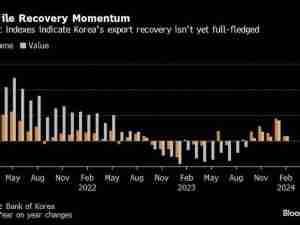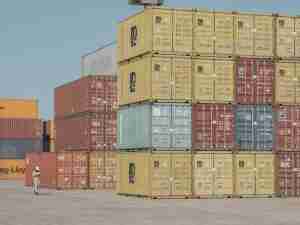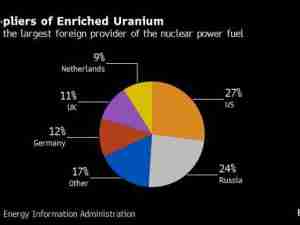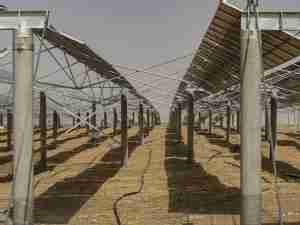India and Australia will sign a wide-ranging economic pact on Saturday, cutting duties on more than 85% of goods exported to the South Asian nation, as both governments secure alternative supply chains and counter an assertive China.
A closer engagement between the two Quad alliance partners comes even as Australia, along with Japan and the U.S., push India to take a stronger stand on Russia’s invasion of Ukraine. The South Asian nation has stayed away from outrightly condemning Russia.
“This agreement opens a big door into the world’s fastest growing major economy for Australian farmers, manufacturers, producers and so many more,” the Australian Prime Minister Scott Morrison said in the statement.
The free trade deal is expected to help India forge deeper ties with the raw-material rich nation as it seeks to become a manufacturing hub to revive the pandemic-hit economy. For Australia, the trade deal would open doors for a market of over 1.4 billion people, as it grapples with China’s trade curbs on a range of commodities exports.
The signing of the pact comes ahead of a national election campaign in Australia, with Morrison’s center-right government pushing a narrative of strong economic management as it struggles to make up ground in opinion polls.
This is the second major trade agreement that the Modi government has signed so far after sealing a similar deal with the UAE early during the year.
Australia is among India’s top 15 trading partners with a total trade valued at around $20 billion between the two nations in the year ending March 31, according to Indian government data.
The pact, that’s been almost a decade in the making, will give greater market access and slash duties on a range of goods including, sheep meat, wool, wine, coal, alumina and metallic ores, sold by Australia in India.
India has also agreed to reduce duties on Australian wine. Tariffs on shipments with a minimum import price of $5 per bottle will be reduced to 100% from 150% while duty on bottles costing $15 is being slashed to 75%.
The trade pact is also likely to help India integrate further with other nations of the China-backed Regional Comprehensive Economic Partnership, a deal that it had shunned due to apprehensions of getting deluged by cheap Chinese goods. India has bilateral deals with most of the RCEP nations barring China and New Zealand.







